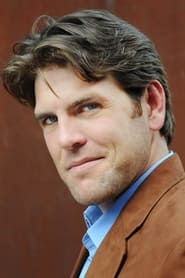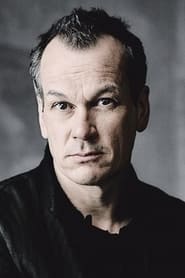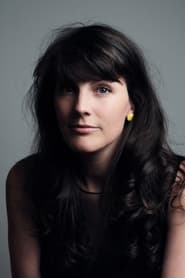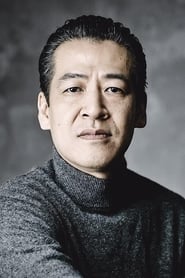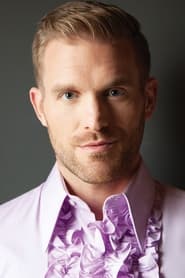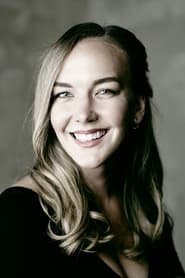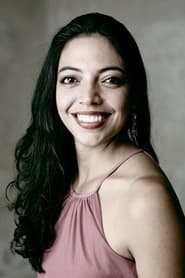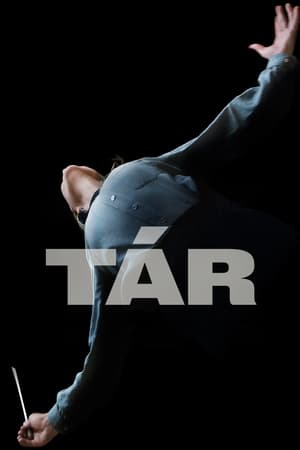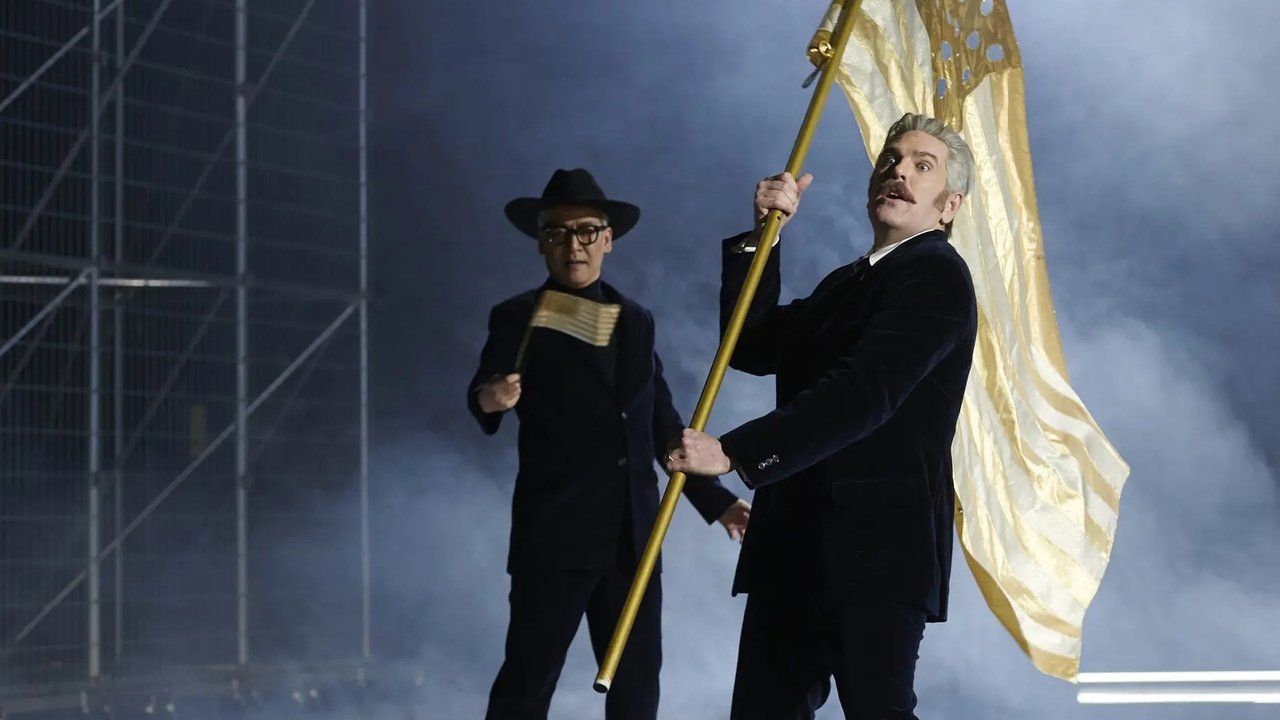
John Adams: Nixon in China(2019)
Live recording from the Stuttgart State Opera
Besides the landing on the moon by the Apollo 11 mission in 1969, Richard Nixon’s meeting with China’s leader Mao Zedong in February 1972 then represented one of the biggest media spectacles in history. Nixon himself established the reference between the two events: “We came in peace for all mankind” not only marked the lunar module Eagle’s landing spot – Nixon also spoke of it into the microphones just before his departure to China. It was not John Adam’s aim to create a superficial or even a caricaturing representation of Nixon’s visit when composing his opera. He attempted to create a “heroic opera” about the construction of modern myths by using archetypical characters and situations. Director Marco Štorman stages Adams’ minimal music opera as a deconstruction review about the power of images, the politics of staging and the staging of politics.
Movie: John Adams: Nixon in China
Top 9 Billed Cast
Recommendations Movies
 7.0
7.0John Adams: Nixon in China(en)
2012 telecast production of John Adams's opera Nixon in China, recorded at the Théâtre du Châtelet in Paris, France.
 7.9
7.9Dragon Ball Super: Super Hero(ja)
The Red Ribbon Army, an evil organization that was once destroyed by Goku in the past, has been reformed by a group of people who have created new and mightier Androids, Gamma 1 and Gamma 2, and seek vengeance against Goku and his family.
 7.2
7.2DC League of Super-Pets(en)
When Superman and the rest of the Justice League are kidnapped, Krypto the Super-Dog must convince a rag-tag shelter pack - Ace the hound, PB the potbellied pig, Merton the turtle and Chip the squirrel - to master their own newfound powers and help him rescue the superheroes.
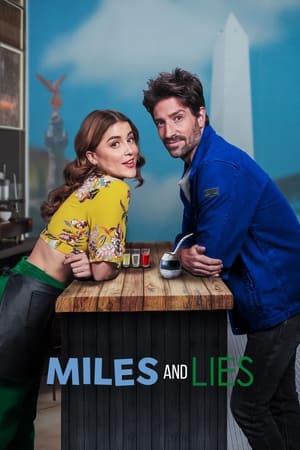 7.1
7.1Miles and Lies(es)
Lu has a perfect life. Or so she pretends to have. She meets the handsome, short-tempered Argentinian, Diego, who is on a visit to Mexico, and she is confident to get him head over heels in love with her. In order to win a wager with her friends, her life will take a turn when she does the impossible to win him over, including taking a trip to Argentina to look for him.
 7.0
7.0Demon Slayer: Kimetsu no Yaiba – The Hashira Meeting Arc(ja)
A recap of Kimetsu no Yaiba episodes 22–26, with new footage and special end credits. Tanjiro and his sister Nezuko have been apprehended by the Demon Slayer Hashira, a group of extremely skilled swordfighters. Tanjiro undergoes trial for violating the Demon Slayer code, specifically smuggling Nezuko, a Demon, onto Mt. Natagumo.
 6.2
6.2Prizefighter: The Life of Jem Belcher(en)
At the turn of the 19th century, Pugilism was the sport of kings and a gifted young boxer fought his way to becoming champion of England.
 6.5
6.5Blade of the 47 Ronin(en)
In this sequel to "47 Ronin," a new class of warriors emerges among the Samurai clans to keep a sought-after sword from falling into the wrong hands.
 7.2
7.2Transformers: Rise of the Beasts(en)
When a new threat capable of destroying the entire planet emerges, Optimus Prime and the Autobots must team up with a powerful faction known as the Maximals. With the fate of humanity hanging in the balance, humans Noah and Elena will do whatever it takes to help the Transformers as they engage in the ultimate battle to save Earth.
 7.6
7.6Avatar: The Way of Water(en)
Set more than a decade after the events of the first film, learn the story of the Sully family (Jake, Neytiri, and their kids), the trouble that follows them, the lengths they go to keep each other safe, the battles they fight to stay alive, and the tragedies they endure.
 6.4
6.4The Next 365 Days(pl)
Laura and Massimo's relationship hangs in the balance as they try to overcome trust issues while a tenacious Nacho works to push them apart.
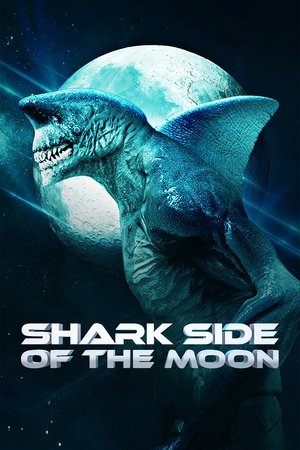 5.1
5.1Shark Side of the Moon(en)
Decades ago, the USSR developed unkillable sharks and launched them to the moon. Today, a team of American astronauts will endure the fight of their lives.
 6.7
6.7Jurassic World Dominion(en)
Four years after Isla Nublar was destroyed, dinosaurs now live—and hunt—alongside humans all over the world. This fragile balance will reshape the future and determine, once and for all, whether human beings are to remain the apex predators on a planet they now share with history's most fearsome creatures.
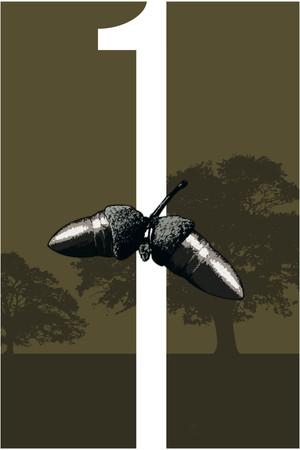 6.7
6.71(en)
Early morning silence is broken by screeching tires as a helicopter bears down on a speeding vehicle. Taking a quick corner, the team tumbles out into the woods as their car pulls away. Now they must make their way through the thick of nature and thick gunfire to accomplish their mission. Not a single word of dialogue is spoken throughout the entire film. Instead, the music, sounds, images and deeply truthful acting turn a simple plot into an intense experience. Passion and intrigue keep building to the very end.
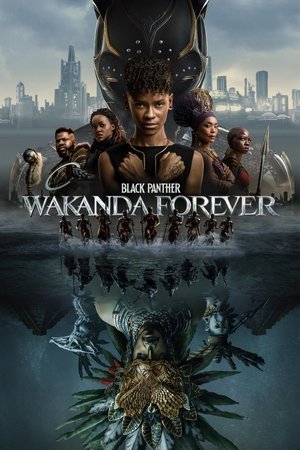 7.1
7.1Black Panther: Wakanda Forever(en)
Queen Ramonda, Shuri, M’Baku, Okoye and the Dora Milaje fight to protect their nation from intervening world powers in the wake of King T’Challa’s death. As the Wakandans strive to embrace their next chapter, the heroes must band together with the help of War Dog Nakia and Everett Ross and forge a new path for the kingdom of Wakanda.
 6.1
6.1JUNG_E(ko)
On an uninhabitable 22nd-century Earth, the outcome of a civil war hinges on cloning the brain of an elite soldier to create a robot mercenary.
 6.7
6.7The Boss Baby: Christmas Bonus(en)
Christmas Eve takes a twisty turn when the Boss Baby accidentally swaps places with one of Santa's elves and gets stranded at the North Pole.
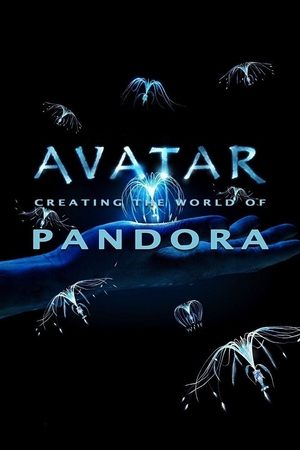 6.4
6.4Avatar: Creating the World of Pandora(en)
The Making-of James Cameron's Avatar. It shows interesting parts of the work on the set.
 7.9
7.9Spider-Man: No Way Home(en)
Peter Parker is unmasked and no longer able to separate his normal life from the high-stakes of being a super-hero. When he asks for help from Doctor Strange the stakes become even more dangerous, forcing him to discover what it truly means to be Spider-Man.
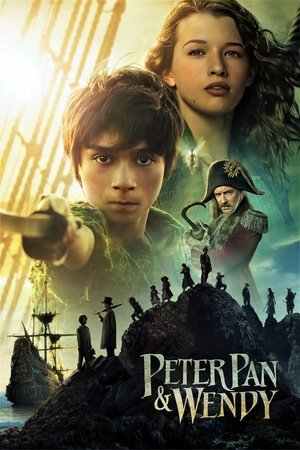 5.4
5.4Peter Pan & Wendy(en)
Wendy Darling, a young girl afraid to leave her childhood home behind, meets Peter Pan, a boy who refuses to grow up. Alongside her brothers and a tiny fairy, Tinker Bell, she travels with Peter to the magical world of Neverland. There, she encounters an evil pirate captain, Captain Hook, and embarks on a thrilling adventure that will change her life forever.
Similar Movies
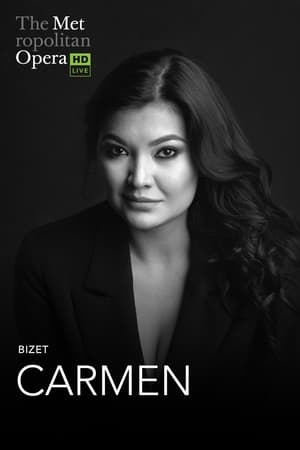 5.0
5.0The Metropolitan Opera: Carmen(fr)
Director Carrie Cracknell makes her Met debut, reinvigorating the classic story with a staging that moves the action to the modern day, in a contemporary American industrial town.
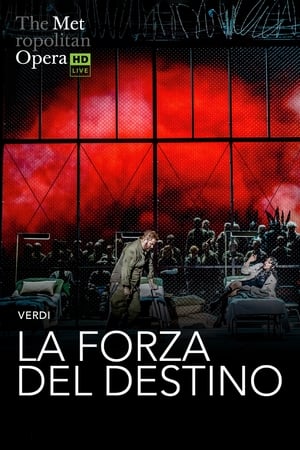 1.0
1.0The Metropolitan Opera: La Forza del Destino(it)
Music Director Yannick Nézet-Séguin conducts Verdi’s grand tale of ill-fated love, deadly vendettas, and family strife, with stellar soprano Lise Davidsen as the noble Leonora, one of the repertory’s most tormented—and thrilling—heroines. Director Mariusz Treliński delivers the company’s first new Forza in nearly 30 years, setting the scene in a contemporary world and making extensive use of the Met’s turntable to represent the unstoppable advance of destiny that drives the opera’s chain of calamitous events. The distinguished cast also features tenor Brian Jagde as Leonora’s forbidden beloved, Don Alvaro; baritone Igor Golovatenko as her vengeful brother, Don Carlo; bass-baritone Patrick Carfizzi as Fra Melitone; and bass Soloman Howard as both Leonora’s father and Padre Guardiano.
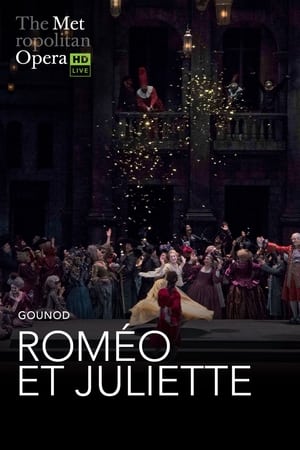 0.0
0.0The Metropolitan Opera: Romeo et Juliette(fr)
Two singers at the height of their powers—radiant soprano Nadine Sierra and tenor sensation Benjamin Bernheim—come together as the star-crossed lovers in Gounod’s sumptuous Shakespeare adaptation, with Met Music Director Yannick Nézet-Séguin on the podium to conduct one of the repertoire’s most romantic scores. Bartlett Sher’s elegant staging also features baritone Will Liverman and tenor Frederick Ballentine as the archrivals Mercutio and Tybalt, mezzo-soprano Samantha Hankey as the mischievous pageboy Stéphano, and bass-baritone Alfred Walker as Frère Laurent.
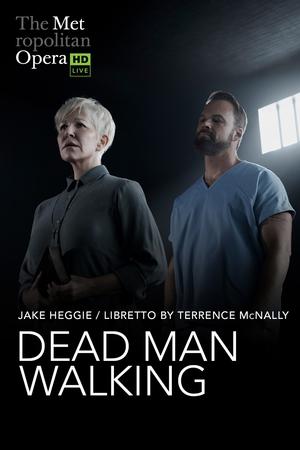 6.5
6.5The Metropolitan Opera: Dead Man Walking(en)
American composer Jake Heggie’s compelling masterpiece, the most widely performed new opera of the last 20 years, arrives in cinemas in a haunting new production by Ivo van Hove. Based on Sister Helen Prejean’s memoir about her fight for the soul of a condemned murderer, Dead Man Walking matches the high drama of its subject with Heggie’s beautiful and poignant music and a brilliant libretto by Tony and Emmy Award–winner Terrence McNally. Met Music Director Yannick Nézet-Séguin takes the podium, with mezzo-soprano Joyce DiDonato starring as Sister Helen. The outstanding cast also features bass-baritone Ryan McKinny as the death-row inmate Joseph De Rocher, soprano Latonia Moore as Sister Rose, and legendary mezzo-soprano Susan Graham—who sang Helen Prejean in the opera’s 2000 premiere—as De Rocher’s mother.
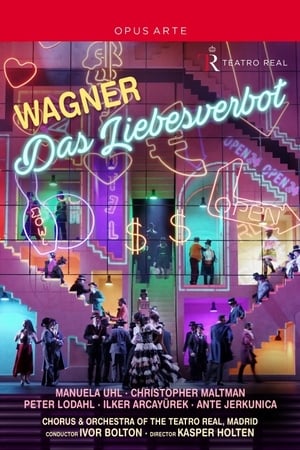 0.0
0.0Das Liebesverbot(en)
This Wagner opera is rarely performed because of the scandals that engulfed the Magdeburg Theatre when it was performed in 1836 under the title The Novice of Palermo, and became known as a cursed opera from which the composer had to distance himself. Wagner's adaptation of the story reflects the rebellious mood of a Revolutionary Germany, vindicating sensual love and attack the fanatical repression of sexuality by a puritanical and hypocritical authority. As the prose says, "Shame to him whose cruel striking/Kills for faults of his own liking!". One of the most extraordinary musicals based on a text by Shakespeare, especially worthy of a new performance as it is four hundred years since the death of the Bard.
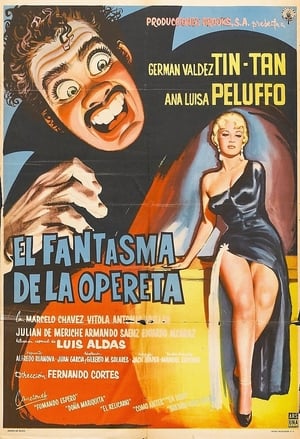 6.5
6.5The Phantom of the Operetta(es)
Aldo and his girlfriend Lucy reopen an abandoned opera house, but find out that the place is inhabited by a group of Phantoms wearing the Claude Rains 1943 Phantom of the Opera costume.
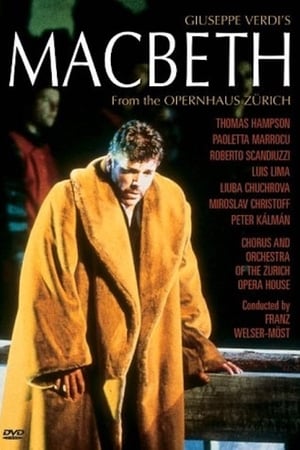 2.0
2.0Macbeth(it)
This hard-edged postmodern production of Giuseppe Verdi's haunting masterpiece brings the story of Shakespeare's bloody tragedy to vivid life, characterized by spine-tingling atmospherics and a triumphant debut by American baritone Thomas Hampson in the title role. This Zurich Opera House production also features a mesmerizing turn by Paoletta Marrocu as the beautiful, power-hungry Lady Macbeth, while striking sets and costumes further enhance the duality of the main character whose rise and fall mirror the darkest impulses of man. Replete with supernatural mystery, sexual tension, and violent power plays, this timeless story remains gripping and chilling for today's audiences and boasts some of the most astonishing music of Verdi's legendary body of work.
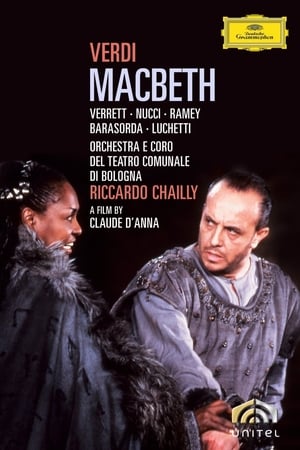 0.0
0.0Verdi Macbeth Chailly(it)
Claude D'Anna's film of Verdi's Macbeth is a gloomy affair, stressing the descent into madness of the principal villains. It's acted by the singers of the Decca recording of the opera (with two substitutions of actors standing in for singers) and the lip-synching is generally unobtrusive. The musical performance is superb, conducted by Riccardo Chailly with admirable fire, and sung by some of the leading lights of the opera stages of the 1980s. Shirley Verrett virtually owned the role of Lady Macbeth at the time, and she delivers a terrific performance, the voice equal to the role's wide register leaps and it's suffused with emotion, whether urging her husband on to murder or maddened by guilt in the Sleepwalking Scene. Leo Nucci's resonant Macbeth may lack the ultimate in vocal color and steadiness (his last notes of the great aria Pietà, rispetto, amore are wobbly) but he compensates with intensity in both singing and acting.
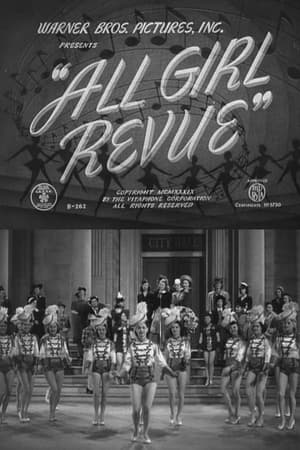 5.5
5.5All Girl Revue(en)
Women are put in charge of the city government for a day, and the mayor must go to the train station to greet an opera singer.
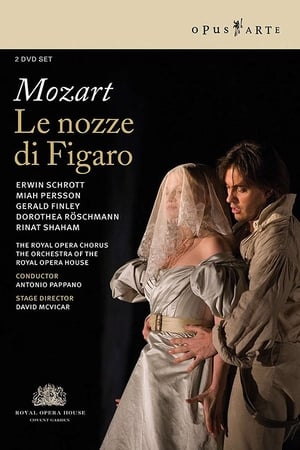 8.5
8.5The Marriage of Figaro(it)
David McVicar's spellbinding production of LE NOZZE DI FIGARO is set in 1830s post-revolution France, where the inexorable unravelling of an old order has produced acute feelings of loss. In the relationship between Finley's suave, dashingly self-absorbed Count and Röschmann's passionately dignified Countess, which lies at the tragic heart of the opera, the sexy ease between a feisty Figaro (Erwin Schrott) and a sassy Susanna (Miah Persson) is starkly absent, the tenacious spark between Marcellina (Graciela Araya) and Bartolo (Jonathan Veira) suggesting what might be rekindled. The production is superbly complemented by the beauty of Paule Constable's lighting and Tanya McCallin's evocative sets. Antonio Pappano conducts (and accompanies the recitatives) with invigorating wit and emotional depth.
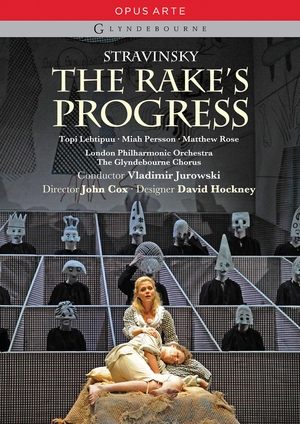 0.0
0.0The Rake's Progress(en)
The devil is hard at work in Stravinsky’s The Rake’s Progress! The three-act opera was premiered at Venice’s La Fenice in 1951 and is whimsically staged and performed in this production from the 2010 Glyndebourne opera festival.
 0.0
0.0Wagner: Das Rheingold(de)
Robert Lepage’s landmark staging of Wagner’s Der Ring des Nibelungen, unveiled over the course of the 2010–11 and 2011–12 seasons, was the first new Met production of the complete cycle in more than 20 years. Combining state-of-the-art technology with traditional storytelling, it brings Wagner’s vision into the 21st century. In this first part of the epic, the theft of the Rhinegold treasure sets in motion the course of events that will change the world and end the rule of the gods. Met Music Director James Levine conducts a cast of some of the greatest Wagnerian singers of our time, including Bryn Terfel as Wotan, Stephanie Blythe as Fricka, and Eric Owens as Alberich.
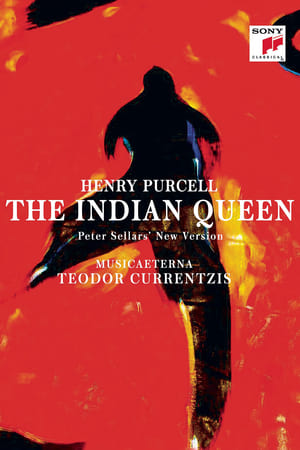 9.0
9.0Purcell: The Indian Queen(en)
A superb adaptation of Purcell's the Indian Queen, staged and directed by Peter Sellars and performed in 2013 at the Teatro Real in Madrid. Peters Sellars combines John Dryden and Robert Howard's libretto with a short-story written by the Nicaraguan writer Rosario Aguilar, La niña blanca y los pájaros sin pies.
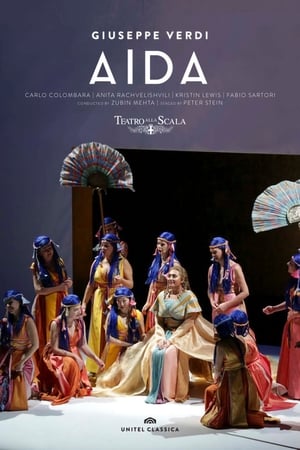 0.0
0.0Aida(en)
Any performance of Giuseppe Verdi’s Aida at La Scala, Milan, is guaranteed to be an experience – but, when it’s a new production, it becomes a major event, especially given the theatre’s notoriously critical audience. Legendary stage director Peter Stein succeeds in delivering a lucid production acclaimed in equal measure by the press and public: “a perfect coup de théâtre” (Giornale della musica). A “stellar cast” (La Stampa) contributes to the production’s success under the musical direction of Verdi specialist Zubin Mehta, who leads the orchestra in a “gorgeously colourful performance”, while “the entire ensemble is brilliant in its portrayal of the characters” (Die Presse).
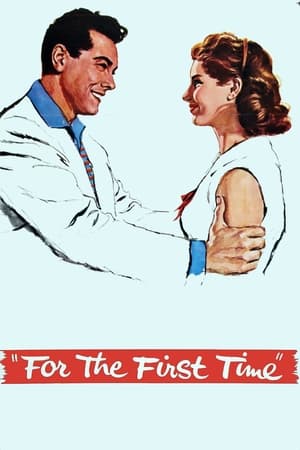 6.4
6.4For the First Time(en)
In this musical, a tempermental opera singer falls in love with a hearing-impaired young woman.
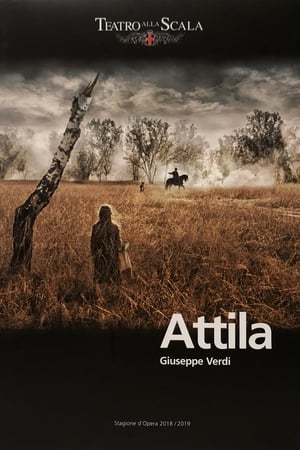 0.0
0.0Verdi: Attila(it)
First staged at the Teatro La Fenice in 1846, Verdi’s ninth opera, Attila, returns to the stage of La Scala on December 7th. Following the inauguration of the 2015-2016 Season with Giovanna d’Arco and in anticipation of Macbeth, with Attila Musical Director Riccardo Chailly continues his study of Verdi’s early works, renewing a successful collaboration with creative director Davide Livermore that began with his acclaimed production of Donizetti’s Don Pasquale for La Scala. In this complex opera Verdi experiments with fresh perspectives, featuring spectacular historical settings, introspective angles and moral uncertainties. Attila demands of its performers not only passion and confidence, but also the ability to find subtle accents and psychological nuances.
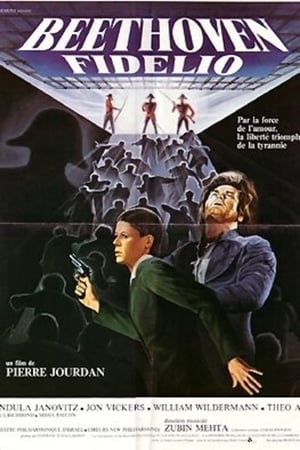 0.0
0.0Fidelio(fr)
Leonore disguises herself as a man, "Fidelio," to infiltrate a prison and rescue her husband, Florestan, unjustly imprisoned by the tyrant Pizarro. Gaining the trust of the jailer, Rocco, and his daughter, Marzelline—who unknowingly falls for Fidelio—Leonore’s courage is tested when Pizarro orders Florestan’s execution. In a climactic moment, she reveals her identity and saves Florestan just as the king’s minister arrives, restoring justice. The opera celebrates themes of love, sacrifice, and freedom.
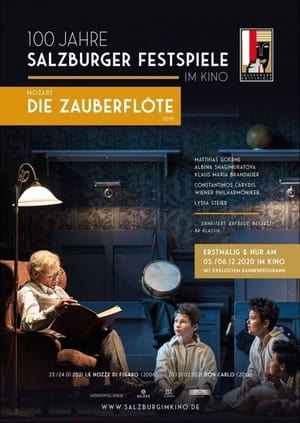 0.0
0.0Mozart: Die Zauberflöte(de)
Magic opera, Singspiel, a comedy with spectacular stage effects, Masonic ritual with Egyptian mysteries, heroic-comic opera? Die Zauberflöte is heard more often and has been more frequently performed, discussed, queried and interrogated than almost any other work in the history of opera. It is rare for the mysteriousness and multiformity of a work to be adjured with such mantric intensity. It is equally rare for a work to enjoy such undisputed success despite all these debates – and for over two hundred years at that.
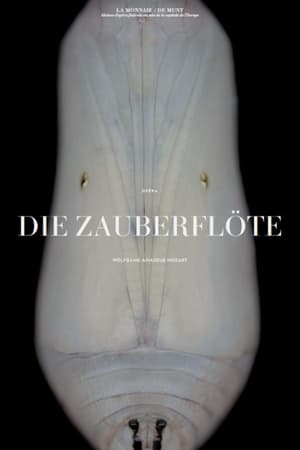 0.0
0.0Mozart: Die Zauberflöte(de)
Die Zauberflöte is one of Mozart’s most famous works and one of the most beloved of the entire operatic repertoire. Generations of spectators have been fascinated by the melodies and adventures of Papageno, the Queen of the Night, Tamino, and Pamina, the ordeals faced by the young lovers, and the work’s inexhaustible allegorical depth. The director Romeo Castellucci has deliberately stepped back from the narrative dimension of the opera in order to explore its raw emotion and its philosophical heart. For his part, the conductor Antonello Manacorda brings Mozart’s immortal music to life with the help of an outstanding cast that includes Sabine Devieilhe, one of today’s finest interpreters of the Queen of the Night.
 8.5
8.5Maria Callas: Toujours (Paris 1958)(fr)
The career of Maria Callas was just a bit too early and too brief to receive full and satisfying video documentation like that now being accorded to such singers as Renée Fleming and Luciano Pavarotti. This black-and-white televised recital (Callas's Paris debut) took place at the Paris Opera on December 19, 1958 when television was still in its infancy. We might wish that it had happened earlier, when her voice was in better condition, or later, when video recording technology was more advanced--so that, for example, we would not have to take the narrator's word that Callas is wearing a red dress. But this is probably the best available Callas video recording, and her fans will welcome it warmly. Visual elements were as important as the vocal dimensions in her art.

